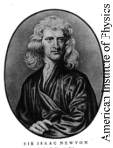 |
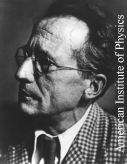 |
|
|
|
 |
 |
|
|
|
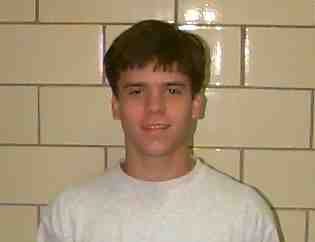 |
|
|
|
|
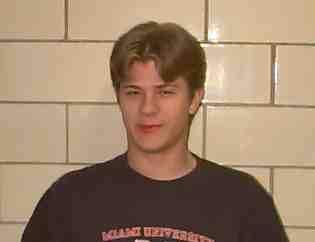 |
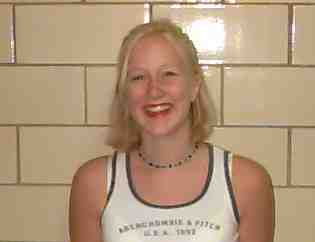 |
|
|
|
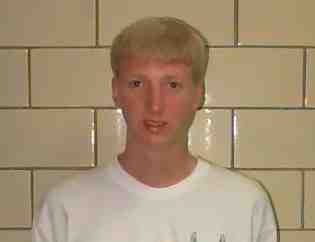 |
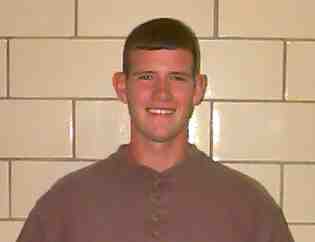 |
|
|
|
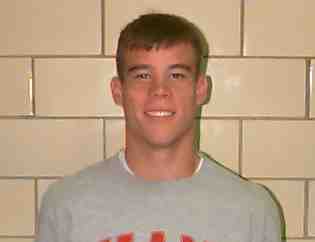 |
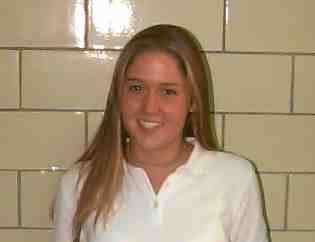 |
|
|
|
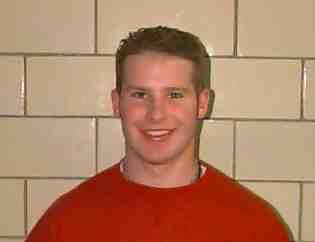 |
 |
|
|
|
 |
 |
|
|
|
 |
 |
|
|
|
 |
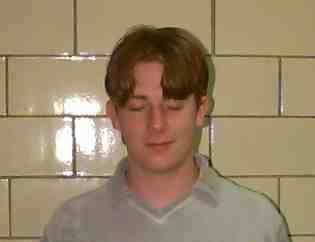 |
|
|
|
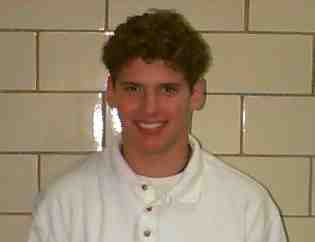 |
 |
|
|
|
This course is intended to provide the student with direct "hands-on" experience with a wide variety of real physical systems. Using a guided discovery approach, students will manipulate, observe and model physical systems ranging from toys to atoms. Items chosen for study and the physical phenomena of interest will be closely coordinated with current topics in PHY 181.F, 182.F. Experience in the Department's research facilities is included when appropriate.
PHY 185 SCHEDULE:
Week 2: Motion in 1 & 2D; mass & inertia.
Week 3: Forces, acceleration, action-reaction & gravity.
Week 4: Work and Energy.
Week 5: Potential Energy & Energy Conservation.
Week 6: Collisions and Conservation of Linear Momentum (CONP).
Week 7: Collisions, CONP & Intro to Rotational Motion. Collisions in research: Gas Discharges.
Week 8: Angular Momentum and Angular Momentum Conservation (CONL).
Week 9: Oscillations and resonance. Resonance in research: Electron Spin Resonance (ESR).
Week 10: Waves.
Week 11: Interference and diffraction.
Week 12: Interference and diffraction in research: Photorefractive Materials, Optical Spectroscopy.
Week 13: Wave/particle duality.
Week 14: Energy quantization, atomic and molecular spectra.
Week 15: Presentation of student projects: poster format.
PHY 186 SCHEDULE:
Week 2: Isothermal, isobaric, isovolumic and adiabatic processes - PVT surfaces.
Week 4: Probability & Maxwell's demon - simulations.
Week 5: Electrostatics.
Week 6: Electric potential and electric field.
Week 7: Circuits.
Week 8: Magnetic fields and currents.
Week 9: Magnetic materials.
Week 10: Magnetism research: magnetic multilayers.
Week 11: Magnetism research: giant magnetoresistance.
Week 12: Capacitance and inductance.
Week 13: Faraday's and Lenz's laws.
Week 14: Electromagnetic waves.
Week 15: Presentation of student projects: poster format.
| This document last modified on Tuesday, 26-Jan-1999 23:16:54 EST
and has been accessed [an error occurred while processing this directive] times.
Please address comments and suggestions to: |